
Russia exits grain deal: Food inflation concerns back with a bang
Global wheat prices up around 10 percent as Russia terminates the Black Sea grain deal
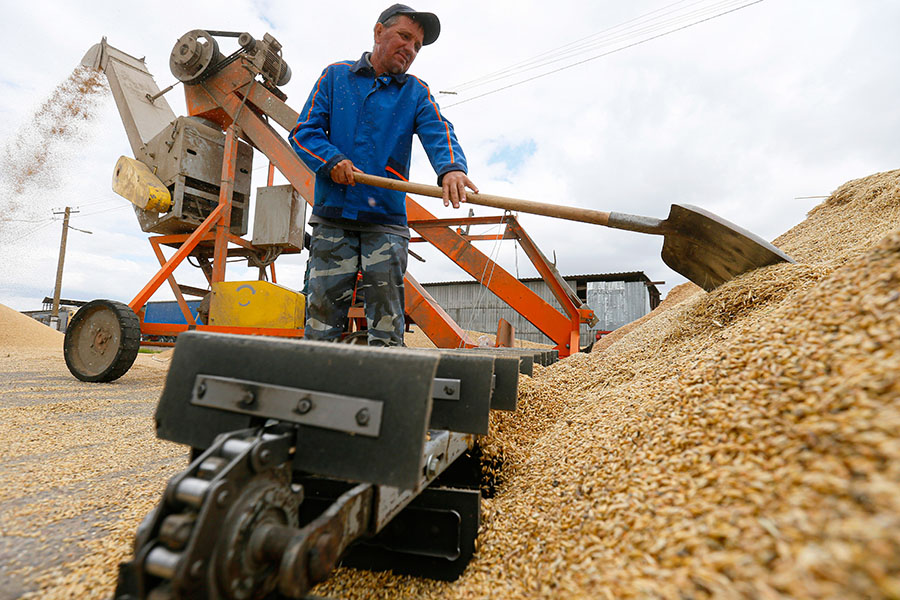 Russia terminated its year-old Black Sea grain deal, negotiated by the United Nations and Turkey for the safe transportation of grains and fertiliser from three Ukrainian ports
Image: Getty Images
Russia terminated its year-old Black Sea grain deal, negotiated by the United Nations and Turkey for the safe transportation of grains and fertiliser from three Ukrainian ports
Image: Getty Images
Russia’s military aggression and invasion of Ukraine have fractured the global economy. There has been immeasurable destruction in the region, and the world has been on tenterhooks since last year. In its latest strike, Russia terminated its year-old Black Sea grain deal, negotiated by the United Nations and Turkey for the safe transportation of grains and fertiliser from three Ukrainian ports—Odesa, Chornomorsk, and Yuzhny—on the Black Sea to 45 countries.
The cascading impact of rising food prices, which had come under control after months, will drive up global inflation and rock the outlook for lower interest rates. Here’s why the suspension of the Black Sea Grain Initiative will harm millions of vulnerable people around the world:
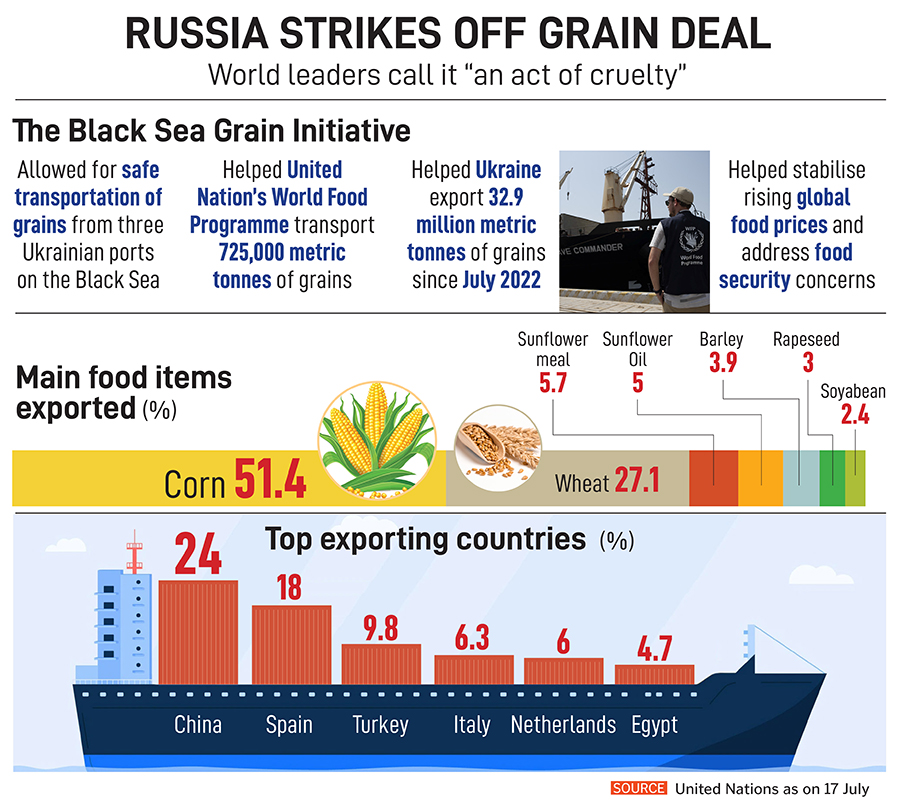
US Ambassador to the UN Linda Thomas-Greenfield, according to media reports, hit out at Russia for its decision to pull out of the deal. “Russia has dealt another blow to the world’s most vulnerable. This is really another act of cruelty,” she said. “This is what it looks like when one country decides to hold humanity hostage. The bottom line is this: The world needs the Black Sea Grain Initiative. And all Member States must come together and urge Russia to reverse its decision; resume negotiations; extend, expand and fully implement this initiative.”
UN Secretary-General Antonio Guterres highlighted that the Black Sea Initiative was a “lifeline” and a “beacon of hope” for global food security as it allowed the World Food Programme (WFP) to ship more than 725,000 tonnes of grains to support humanitarian operations and relieve hunger in countries like Afghanistan, Horn of Africa, and Yemen. “At a time when the production and availability of food are being disrupted by conflict, climate change, energy prices and more, these agreements have helped to reduce food prices by over 23 per cent since March last year,” he stated.
Also watch: 500 days of the Russia-Ukraine war
Ukraine, one of the top global wheat producers, is known as the breadbasket of the world. After Russia’s invasion last year wheat prices skyrocketed to crisis levels in some countries such as Pakistan. The Black Sea grain deal allowed Ukraine to continue grain exports. Also, a separate deal was struck to reduce the impact of sanctions on Russian exports of food and fertiliser. Under the safety of the agreement, Ukraine shipped nearly 33 million tonnes of foodgrains worldwide. The WFP bought around 725,000 tonnes of grains which was sent to countries like Ethiopia, Afghanistan, Turkey, Somalia, Kenya, Sudan, and Djibouti as humanitarian aid.
“The decision by Russia to exit the Black Sea Grain Initiative is a stab on the back at global food security prices and disproportionately impacts countries in the Horn of Africa already impacted by drought,” Korir Sing’Oei, principal secretary for foreign affairs, Kenya, said in a post on a micro-blogging site. Over 50 million people in Kenya, Ethiopia, and Somalia, for example, depend on food aid due to malnutrition caused by famines.
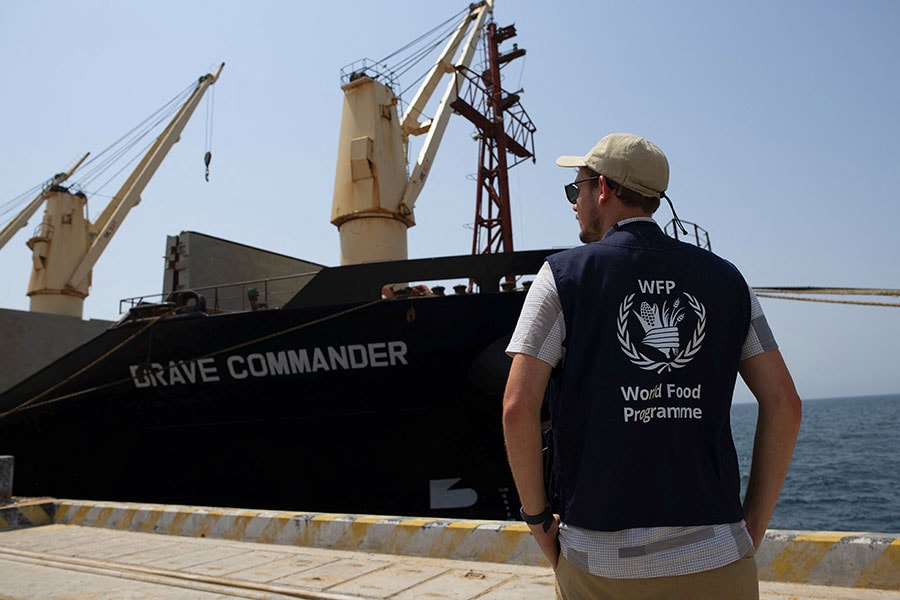
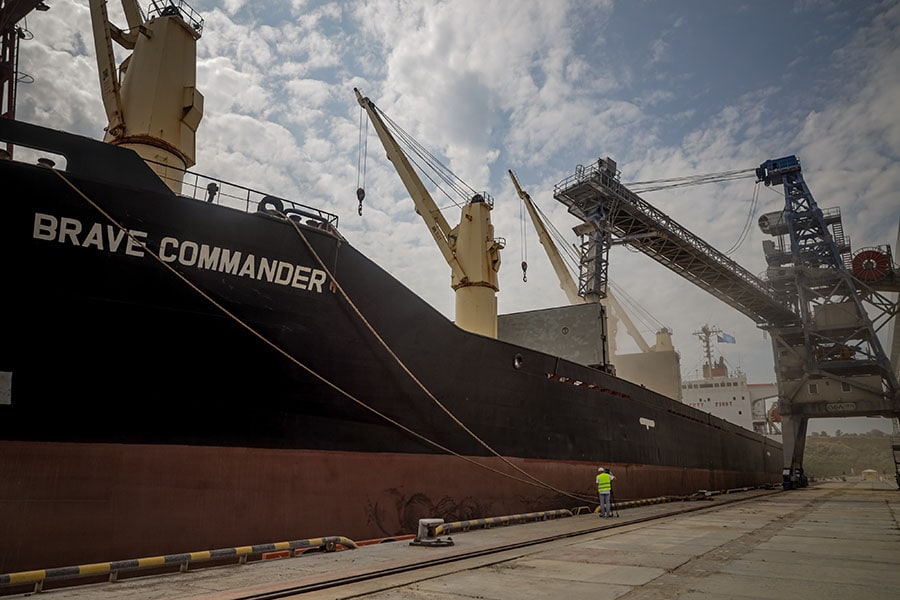
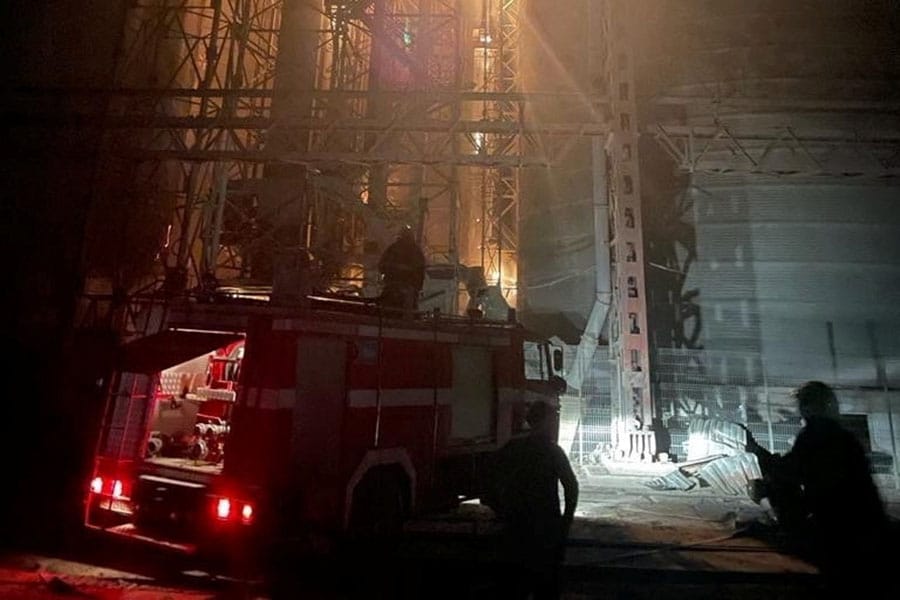
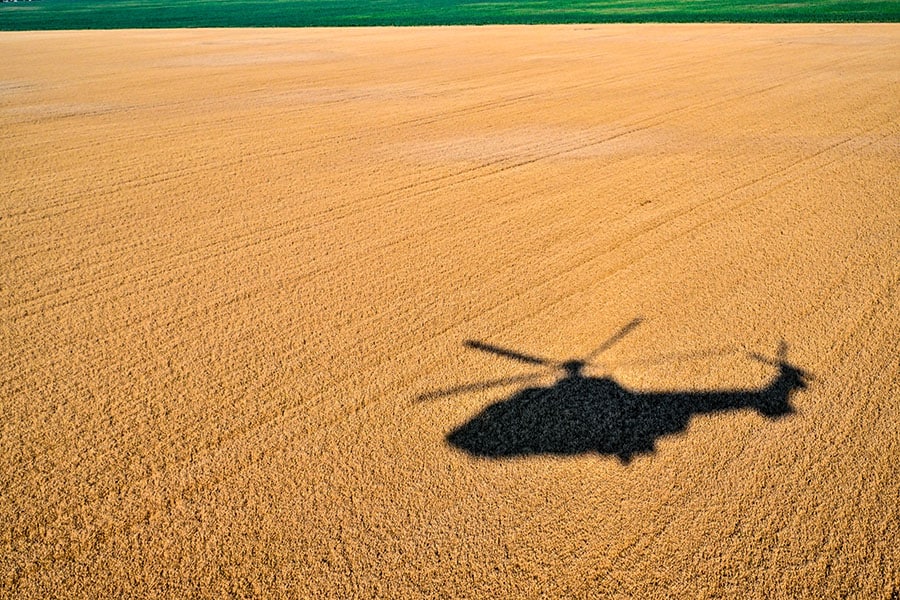
Russia aspires to cement its position as the world’s largest wheat exporter at a time when Ukraine’s exports are expected to reduce by half to a 11-year low. Russia’s main wheat markets include the Middle East, North Africa, Egypt, Iran, and Algeria. As per UN data, Ukraine shipped over 40 percent of its foodgrains to high-income and Western European countries which helped to rein in rising food prices last year.
Russia in its defence claims several provisions of the Black Sea Grain Initiative were not met and asserted it continued to face curbs on its exports of agricultural produce and fertilisers due to sanctions by the West. It said in a statement, "The obligations envisaged in the relevant Russia-UN memorandum to remove obstacles to the export of Russian food and fertilisers remained unfulfilled." On July 13, as per news agency reports, Russian President Vladimir Putin said, “We have repeatedly shown goodwill to extend this deal. Enough is enough.” Furthermore, his government warned that any ship leaving a Ukrainian port will be considered as a military target now. Ukraine, meanwhile, is said to be exploring alternative land and water routes to continue exports. The situation is highly charged and fluid.
Condemning Russia’s decision, in a press release, James Cleverly, UK foreign secretary, said Russia was serving its own interests and disregarding the needs of people around the world, including in the poorest countries, who are paying higher food prices as a result. “We have always been clear that the target of our sanctions is Russia’s war machine and not the food and fertiliser sectors,” he added. “Contrary to Russian claims, the UN and other partners have taken significant steps to ensure that Russian food is able to access world markets. The best way for Russia to address concerns around global food security would be for it to withdraw its forces from Ukraine and end the war.”
With conflict in the region escalating once again, governments are closely watching the situation. Apart from wheat, Russia is also a leading producer of fertilisers and together with Belarus accounts for nearly 14 percent of the world’s exports. Analysts forecast a rise in prices of household staples such as bread and pasta. Extreme weather conditions in most parts of the world can make a difficult situation more challenging.








